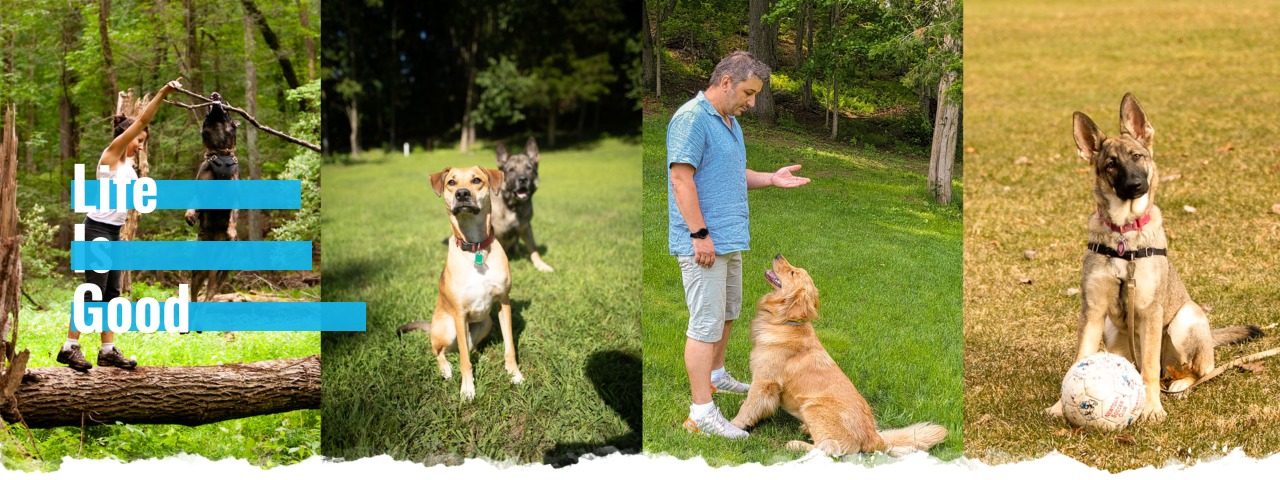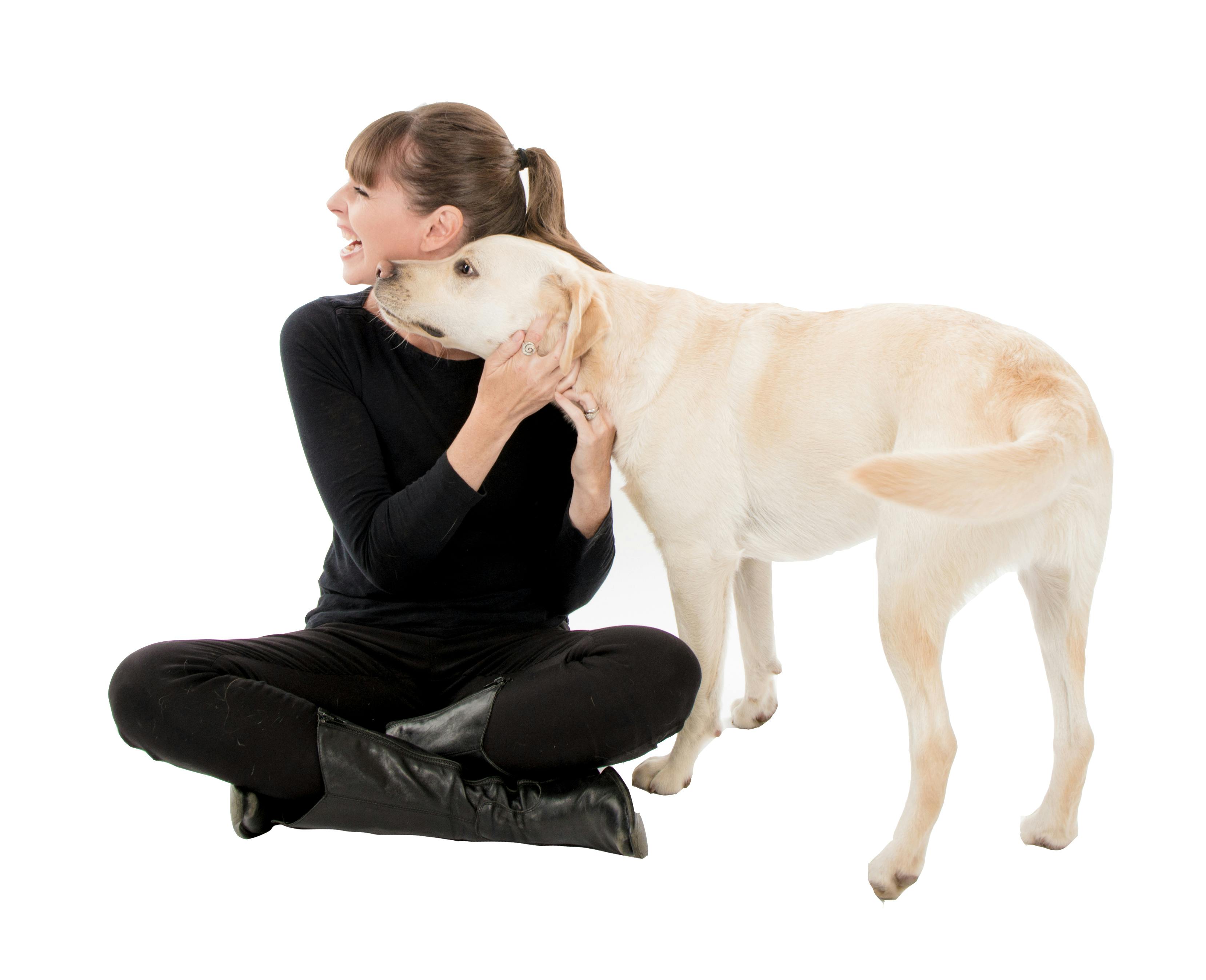Dog Training For Dogs: Vital Abilities for Your Pup's Development
Dog Training For Dogs: Vital Abilities for Your Pup's Development
Blog Article
Leading Canine Educating Methods for Every Phase of Your Pet's Life
Reliable canine training is vital at every phase of a dog's life, as each phase presents one-of-a-kind obstacles and possibilities for growth. It is essential to identify that training should progress alongside a pet's advancement, ensuring that methods stay efficient and relevant.
Young Puppy Training Fundamentals
Puppy training essentials prepared for a well-behaved grown-up pet dog and involve several essential parts that need to not be forgotten. The initial stage of training concentrates on developing a solid bond in between the pup and its owner, which is crucial for reliable communication. Socialization is critical; subjecting pups to various atmospheres, individuals, and various other animals helps them establish confidence and adaptability, minimizing the possibility of behavioral problems later in life.
Fundamental commands, such as rest, remain, and come, form the foundation of obedience training. Using favorable support techniques, such as treats and praise, urges wanted habits and fosters a favorable learning experience. Consistency in commands and training sessions is important, as puppies thrive on regular and framework.
In addition, home training is an important element of pup training. Establishing a normal schedule for bathroom breaks and making use of designated locations can assist decrease mishaps and promote great practices. In general, a well-shaped approach to puppy training, incorporating home, socialization, and obedience training, sets the phase for a well-adjusted grown-up pet, ensuring a harmonious connection in between the pet and its proprietor.
Adolescent Behavior Administration
As puppies develop into adolescents, their behavior can change significantly, often offering brand-new obstacles for owners. This developmental phase, generally happening between 6 months and two years, is marked by heightened energy degrees, curiosity, and a burgeoning feeling of self-reliance. Recognizing these modifications is essential for reliable habits administration.
Teenagers might exhibit rebellious propensities, such as disregarding commands they previously grasped or involving in destructive actions. Uniformity in training stays extremely important; enhancing learned actions with favorable reinforcement can aid counteract these difficulties. Short, interesting training sessions are important to maintain their rate of interest and emphasis.

Additionally, establishing an organized regimen can significantly improve a teenage pet dog's complacency. Regular exercise is essential to direct their power positively, minimizing the possibility of unfavorable habits. By employing these techniques, owners can effectively navigate the complexities of adolescent habits, promoting a well-adjusted, delighted canine buddy.
Adult Dog Obedience Methods

Favorable support stays a key method; satisfying etiquette with treats, praise, or playtime urges conformity. Uniformity is vital; the same commands and incentives should be utilized by all family members to prevent confusion.
Incorporating training into day-to-day routines can likewise be reliable. As an example, method commands during strolls or meal times, enabling training to blend seamlessly right into everyday life. Taking part in organized activities, like dexterity courses or obedience courses, can even more improve a canine's abilities while providing important socializing possibilities.
It is essential to acknowledge that grown-up dogs may additionally exhibit stubbornness or complacency. Adjusting training strategies to preserve their interest, such as varying rewards or presenting brand-new commands, can assist receive inspiration. Generally, a continuous dedication to obedience training will certainly cultivate a mannerly and balanced adult canine.
Senior Pet Dog Adaptation Methods
Acknowledging the distinct requirements of senior pets is important for guaranteeing their comfort and well-being. As Clicking Here canines age, they may experience a decrease in movement, vision, and cognitive feature, requiring tailored adaptation techniques.
First, consider customizing the living setting. Ensure that the home is easily accessible and safe; get rid of obstacles and offer non-slip surfaces to stop falls. Furthermore, take into consideration using actions or ramps to aid them access their preferred rooms.
Secondly, workout ought to be adapted to account for lowered stamina and this link joint wellness (Dog Training For Dogs). Involve in shorter, more regular walks, and incorporate gentle tasks like swimming, which can be advantageous for arthritic joints
Furthermore, mental stimulation remains important. Usage easy problem playthings or take part in scent work to keep their minds sharp, while preventing overwhelming tasks that might frustrate them.
Finally, regular vet check-ups are necessary to check wellness changes and readjust care regimens appropriately. By carrying out these adjustment methods, you can improve the quality of life for your elderly pet dog, ensuring they age beautifully and easily.
Lifelong Learning and Enrichment
While pet dogs of all ages gain from discovering and mental stimulation, long-lasting enrichment is especially essential for keeping cognitive health and wellness and emotional wellness in both senior and younger pets. Engaging tasks not only boost a dog's quality of life yet likewise enhance the bond in between the pet and its proprietor.
Enrichment can take numerous types, including interactive toys, challenge feeders, and scent job, which stimulate a pet dog's detects and motivate analytic. Routine training sessions, including brand-new commands or techniques, maintains their minds sharp and advertises a feeling of success. Socialization with various other pet dogs and people is just as vital, as it helps avoid behavior issues and promotes versatility.
Additionally, incorporating physical workout right into a canine's routine is vital for overall wellness. Tasks like agility training, fetch, or long strolls offer both physical and mental stimulation, ensuring pets stay delighted and involved.
Last but not least, consider varying the atmosphere by introducing brand-new places for playdates or strolls. This adjustment can reignite a dog's inquisitiveness and interest for exploration. Long-lasting understanding and enrichment not just contribute to a meeting life yet additionally advertise a harmonious relationship with your canine friend.
Final Thought
Effective pet training methods advance throughout a canine's life, dealing with the unique demands of each developmental phase. From developing fundamental abilities in pups to handling teen habits, enhancing obedience in grownups, and adapting methods for elders, a detailed technique makes sure optimum interaction and actions. Highlighting routine psychological excitement, socialization, and workout promotes a balanced and meeting life for pet dogs. Ultimately, constant application of these techniques adds to an unified partnership between canines and their human companions.
Efficient canine training is vital at every phase this post of a pet's life, as each phase provides one-of-a-kind challenges and opportunities for growth.Puppy training essentials lay the foundation for a well-behaved grown-up pet dog and entail numerous key components that need to not be overlooked. On the whole, an all-around approach to puppy training, including socializing, residence, and obedience training, sets the stage for a well-adjusted grown-up pet, making sure a harmonious relationship between the family pet and its proprietor.
Several pet proprietors may locate that grown-up canines, while typically even more steady in actions than their teen counterparts, still need consistent training to preserve obedience and great manners.Efficient pet dog training strategies evolve throughout a pet dog's life, resolving the unique needs of each developmental phase.
Report this page